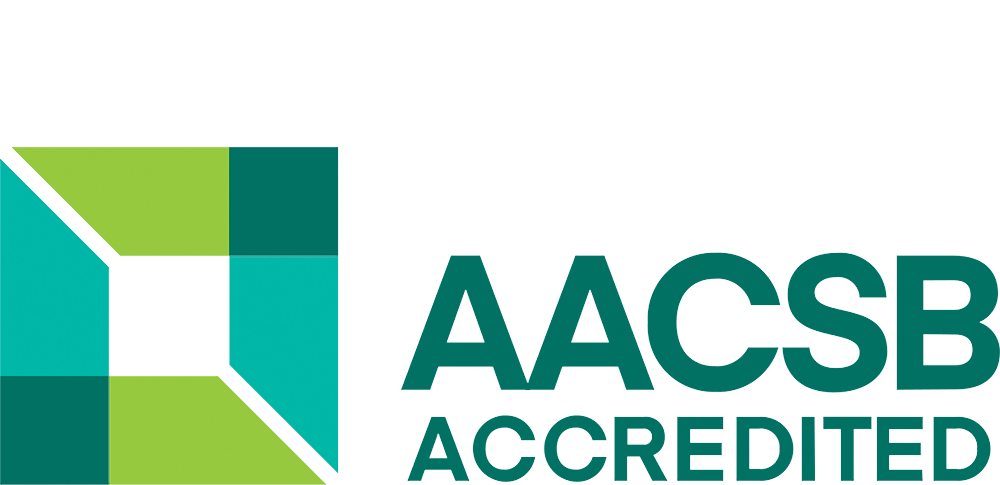What is the aim of the school cover letter?
You've just made your choice of post-bac course and you can't wait to get into your future higher education establishment? This is a very exciting time in your student life. But there's a catch: you need to write a covering letter. It may be one of the first you write, so you don't know where to start.
It's not an easy exercise. The covering letter is not a CV, but it does play a crucial role in the application process. What's more, it is compulsory for admission to certain schools. Whether it's a cover letter for a first degree (licence, engineering course, DUT, BTS) or a cover letter for a master's degree, the aim is the same.
It shows how your choice of course matches your career ambitions. Ideally, it should show that you have carefully analysed the Grande École Programme and that you have identified the points that will give you the skills and knowledge you need to practise your future profession.
How should a school cover letter be structured?
Although each cover letter must be unique and personalised for each target school, you should be aware that this type of letter is structured in a fairly standard way. The cover letter consists of an introduction, a body and a conclusion. More specifically, here is the expected standard structure:
- Header or subject of the letter.
- Catchphrase.
- Motivations for your career plan.
- Interest in the school you are writing to.
- Reasons why your profile is relevant.
- Conclusion, accompanied by the famous greeting.
Bear in mind that the content should allow the reader to get to know you, understand your background and learn about your professional experience. On first reading, the recipient should be able to identify your ambitions and your motivation for applying.
How can you make the most of your experience and highlight the relevance of your application in a school cover letter?
A well-balanced cover letter is the key to attracting the attention of your interviewer.
To do this, you need to be able to get across a clear message about your motivation for joining the school, highlighting your application and emphasising the important points that will make your CV stand out from the rest.
Commencez votre premier paragraphe en clarifiant vos objectifs et votre motivation. Il s’agit de parler de vos ambitions académiques et éventuellement professionnelles. Si vous n’avez pas encore une idée précise sur tous ces points, vous pouvez évoquer ce que vous attendez des années d’études dans l’école à laquelle vous postulez ; en quoi elles vont justement vous aider à trouver le métier qui est fait pour vous.
Présentez ensuite dans un nouveau paragraphe vos réalisations et les projets spécifiques que vous avez en tête pour l’avenir. Reliez vos intérêts personnels aux perspectives d’expériences avec le programme.
Start your first paragraph by clarifying your objectives and motivation. This means talking about your academic ambitions and possibly your career ambitions. If you don't yet have a clear idea on all these points, you can talk about what you expect from your years of study at the school to which you are applying, and how they will help you to find the career that is right for you.
Then, in a new paragraph, present your achievements and the specific projects you have in mind for the future. Link your personal interests to the prospects for experience with the programme.
Finally, highlight your profile to set yourself apart from your competitors. Explain how your previous experience and specific skills relate directly to your target study programme.
Don't hesitate to highlight your most relevant personal and professional qualities: leadership, creativity and adaptability, for example. This will add value to your application.







